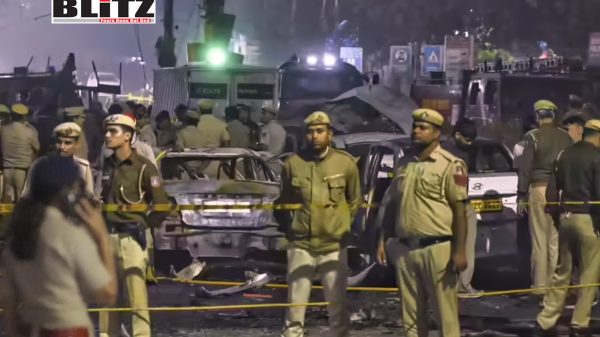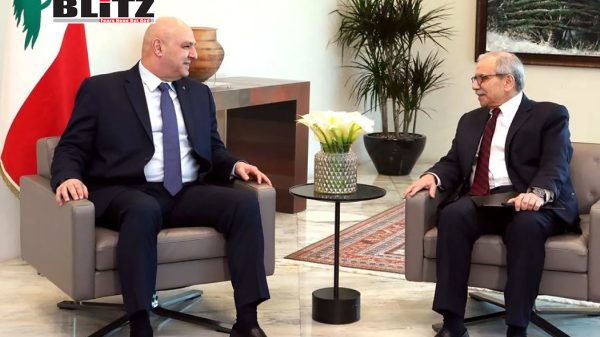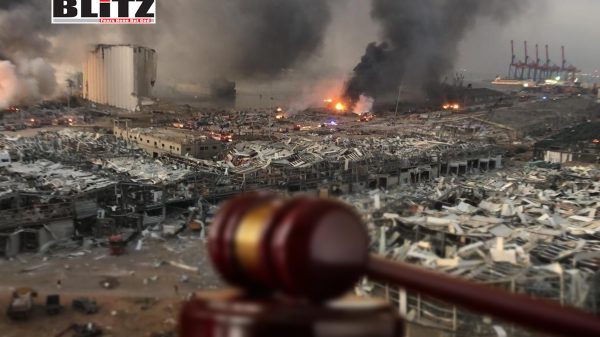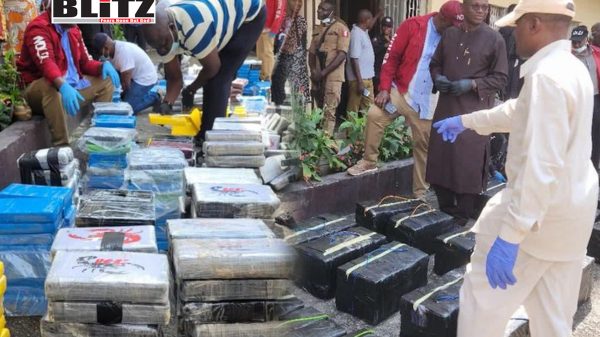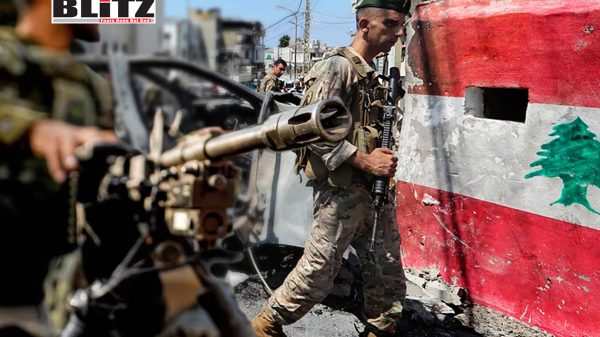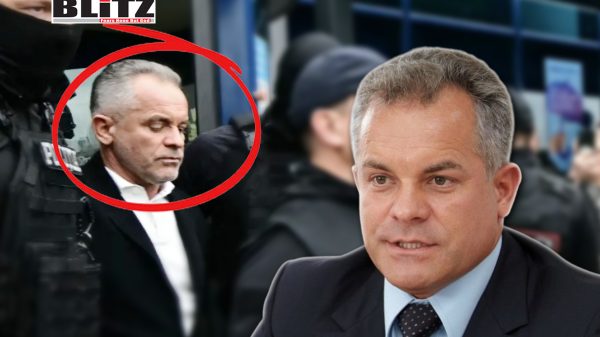Georgian bridge collapse exposes deep corruption and offshore ties to Azerbaijan’s elite
- Update Time : Thursday, November 13, 2025
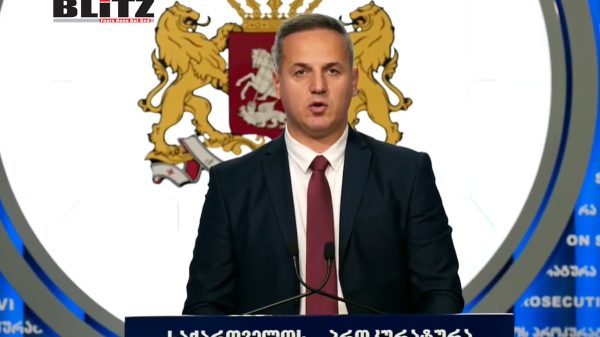
In a major anti-corruption move that has rattled Georgia’s public infrastructure sector, prosecutors have charged five individuals-including a former senior transport official-over alleged embezzlement, abuse of office, and falsification of official records tied to a catastrophic highway bridge collapse. The scandal, which centers on the Samtredia–Grigoleti Highway project, exposes deep flaws in oversight and governance that may have contributed directly to the failure of a multi-million-dollar state-funded construction project.
The charges, announced on November 10 by Malkaz Kapanadze, head of Georgia’s Department for Combating Corruption Crimes, mark a significant development in the country’s ongoing battle against public-sector corruption. According to prosecutors, the accused engaged in a coordinated scheme of falsifying documentation, approving payments for unperformed work, and siphoning funds from a major national infrastructure project-actions that ultimately cost Georgian taxpayers millions.
At the center of the case is Zurab Kupatashvili, the former deputy head of the Roads Department, who has been arrested and faces up to 11 years in prison if convicted. Kupatashvili is accused of knowingly authorizing false documentation and signing off on inflated payments to contractors and consultants tied to the collapsed bridge. Prosecutors allege that his actions directly enabled large-scale embezzlement and the misuse of public funds allocated for the highway’s construction.
The bridge in question, located on the Samtredia–Grigoleti Highway in western Georgia, collapsed after being damaged by flooding in February 2023. Though no injuries were reported, the incident sparked immediate questions about construction quality, supervision, and the management of public infrastructure funds. What initially appeared to be a natural disaster has since been revealed as the symptom of a much deeper problem: corruption, negligence, and corporate collusion.
According to the prosecution, the Azerbaijani construction company Akkord, which was awarded the state contract for the project in 2018, played a central role in the deception. Investigators allege that Akkord’s representatives falsified supervision certificates to make it appear as though certain phases of construction had been completed, when in reality, they had not. These fraudulent documents were then confirmed by an international consortium responsible for supervising the works-an oversight body meant to ensure transparency and safety in the project.
Kupatashvili, prosecutors say, approved the fake certificates and authorized a payment of 1,172,539 Georgian lari (approximately US$427,935) to the consortium’s expert for work that was never actually performed. In addition, Akkord is accused of fraudulently obtaining another 3,859,678 lari (US$1.4 million) in payments for incomplete or substandard construction. The cumulative effect, Kapanadze noted, was disastrous-not only did the bridge collapse, but the state ultimately suffered losses exceeding 16 million lari (US$5.8 million) once restoration costs were factored in.
While Kupatashvili is currently in custody, four others-three officials linked to Akkord and one from the supervisory consortium-have been charged in absentia. These include the unnamed director of Akkord’s Georgian operations, two project managers, and the lead engineer from the consortium. Each faces up to nine years in prison if convicted of embezzlement and forgery.
The case also shines an uncomfortable spotlight on the murky world of corporate ownership in Azerbaijan. Akkord’s parent company has long been shielded by secrecy laws that make it virtually impossible to determine who truly controls it. Azerbaijani legislation, which since 2012 has classified corporate data as a “commercial secret,” has turned companies like Akkord into black boxes, raising serious questions about accountability in cross-border projects funded with public money.
Documents from Georgia’s 2022 corporate filings show that 51 percent of Akkord’s Azerbaijani parent firm was owned by VIP Estate, and 49 percent by Derya Veliyev, the chair of Akkord’s supervisory board. Earlier filings list Solos LLC as VIP Estate’s original shareholder, represented by Azerbaijani businessman and former tax official Ashraf Kamilov-a figure with close ties to Azerbaijan’s ruling elite.
Investigative journalists from the Organized Crime and Corruption Reporting Project (OCCRP) and its Georgian member center, iFact, have previously documented Akkord’s involvement in other incomplete or abandoned infrastructure projects in Georgia. Their findings point to a pattern of mismanagement, inflated contracts, and questionable financial practices. But the real revelation came with the Pandora Papers leak-a global trove of offshore financial records exposing how the powerful hide wealth through secret companies.
The leaked documents revealed that Ashraf Kamilov appeared alongside members of Azerbaijan’s ruling Aliyev family in at least 10 offshore companies registered in tax havens such as the British Virgin Islands. In three cases, Kamilov acquired offshore firms, purchased high-value real estate, and later transferred ownership to the Aliyevs. This pattern suggested that Kamilov may have served as a proxy or front for the ruling family’s business ventures abroad.
Perhaps most notably, Kamilov co-owned a major Azerbaijani construction materials plant with Arzu Aliyeva, the youngest daughter of President Ilham Aliyev. Her stake, like many of the family’s international assets, was concealed behind the façade of a secretive offshore company. Such connections have raised fresh questions about whether companies like Akkord benefit from political favoritism and protection in both Azerbaijan and neighboring countries where they operate.
The bridge collapse scandal underscores broader concerns about governance and corruption in Georgia’s infrastructure sector. Despite repeated pledges by successive governments to combat graft, weak oversight mechanisms, political interference, and opaque procurement processes continue to create opportunities for misuse of funds. The Samtredia–Grigoleti Highway, intended as a key transport artery linking western Georgia to the Black Sea, has now become a symbol of how systemic corruption can literally bring public projects crashing down.
Public reaction to the case has been one of outrage. Civil society groups have called for greater transparency in state contracting and have urged authorities to publish detailed audits of foreign companies involved in major projects. Transparency International Georgia has noted that the collapse “reflects not just technical failure but institutional decay,” demanding stricter accountability for officials who sign off on unverified or politically influenced contracts.
For the Georgian government, the prosecution marks a crucial test of its anti-corruption credibility. If successful, it could signal a turning point in efforts to curb embezzlement and restore public confidence in state-funded infrastructure. However, many observers caution that without systemic reforms-especially in procurement transparency and international contractor vetting-similar scandals are likely to recur.
As the investigation unfolds, one thing is clear: the Samtredia–Grigoleti bridge was not only a structural failure-it was the inevitable outcome of a broken system, one where public money, political influence, and private greed converged. Whether justice can rebuild the public’s trust remains the next great challenge for Georgia’s fight against corruption.


